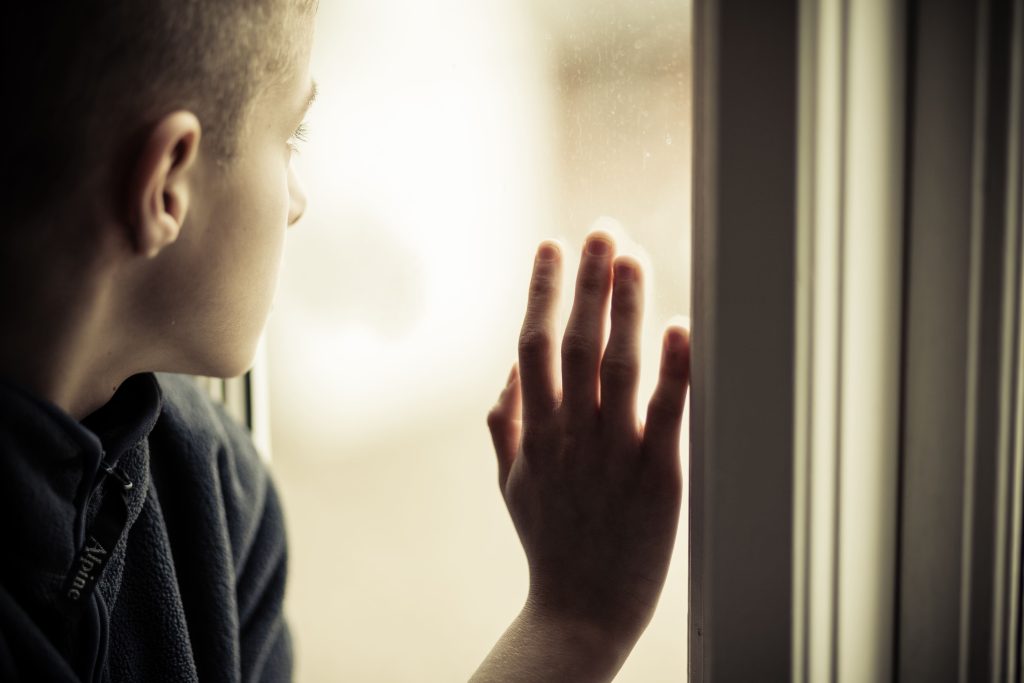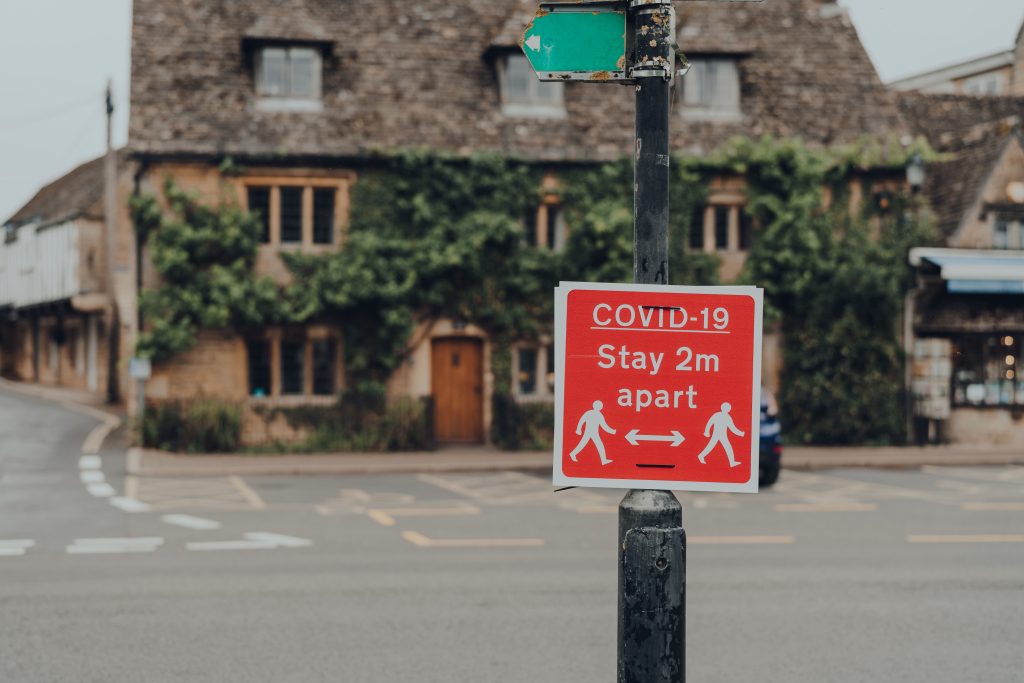How isolation is affecting today’s youth as they navigate growing up, friendships, and identity
By Siti Salihah

At first glance, young people often appear cheerful, energetic and connected—scrolling endlessly through social media, busy with school or uni, surrounded by friends. But beneath that surface, loneliness can quietly take root. Sometimes, what looks like confidence is just a coping mechanism. And in many cases, loneliness doesn’t look like sadness—it hides behind habits, distractions or a packed schedule.
While loneliness is often associated with older adults, it’s a growing issue among children, teenagers and young adults. How does loneliness affect them? Why does it happen even when they’re constantly online and surrounded by others?
To help us understand this better, we spoke to Dr. Lavanya Pillai—a psychologist with a unique background in forensic psychology, specialising in PTSD. With 18 years in corporate HR and over a decade of part-time practice before going full-time, she’s touched the lives of over 20,000 individuals across the globe. Known for her empathy-led approach, Dr. Lavanya offers insight into what loneliness really looks like in the younger generation—and what we can do to support them.

1Twenty80: Young people are often perceived as being highly connected due to social media as well as enjoying the best times of their young life, yet many still report feelings of loneliness. Why do you think loneliness is so prevalent among young people today?
Lavanya Pillai: It’s a heartbreaking paradox, isn’t it? We see young people constantly connected online, surrounded by friends, seemingly living the “best years of their lives.” Yet, so many of them report feeling deeply lonely. It’s a feeling that makes you want to shout, “What more could they possibly want?!”
But here’s the truth: Loneliness isn’t about the number of friends or followers you have. It’s about feeling truly connected, seen, and understood. It’s about the quality of those connections, not just the quantity. And that’s a much deeper need than just being in the same room or having a million likes.
Think about it: social media, for all its benefits, can create a sense of comparison and isolation. It’s like looking through a window into other people’s seemingly perfect lives, which can make you feel inadequate or alone. The pressure to be “perfect” online, to be “in the know” and experience everything, can be exhausting and leave you feeling disconnected from the present moment.
It’s easy to have a lot of “friends” online, but how many of them are truly there for you when you need them? How many of them understand your struggles and offer genuine support? It’s about quality, not quantity, when it comes to connection. And young people are often afraid to open up and be vulnerable, especially in a world where they’re constantly judged and compared. They might fear rejection or being seen as weak, making it difficult to form those deep, meaningful connections.
This is a complex issue, but one we need to address with compassion and understanding. We need to help young people navigate the complexities of the digital age and find ways to connect authentically and meaningfully, both online and off. It’s about helping them find their way back to the heart of what truly matters: real, human connection. In fact, lack of connection is one of the factor for mental illness.

1Twenty80: What are some of the main causes of loneliness among adolescents and young adults?
Lavanya Pillai: There are so many things that contribute to this feeling of isolation, and it’s a real puzzle to figure out. Here are some of the big ones:
- Pressure to Succeed: We live in a world that puts a lot of pressure on young people to achieve. They’re constantly striving for good grades, a successful career, and a perfect social life. This pressure can be overwhelming, leading to feelings of inadequacy and isolation. They might feel like they’re not measuring up, which can make them withdraw from others. It’s like they’re running a race they can’t win, and that can be incredibly draining.
- The Fear of Missing Out (FOMO): social media is a big culprit here. It’s like everyone’s showing off their perfect lives, making it feel like they’re constantly missing out on something amazing. It can make them feel anxious and restless, always chasing the next big thing. They might feel disconnected from the real world, like they’re just watching life go by.
- The Rise of Individualism: Our culture often emphasizes individualism and self reliance. While it’s important to be independent, sometimes this can lead to a sense of isolation. Young people might struggle to reach out for help or support when they need it, fearing that they’ll be seen as weak or dependent. It’s like they’re trying to carry the weight of the world on their own shoulders, and that can be incredibly isolating.
- The Decline of Traditional Communities: Many young people are growing up in communities that are less connected than in the past. Families are often spread out, and neighborhoods are less close-knit. This can make it harder for young people to build strong, lasting relationships. It’s like they’re living in a world where everyone is busy with their own lives, and it can be hard to find a sense of belonging.
- The Shift in Social Norms: It’s not always easy to navigate the changing social landscape. Young people might feel pressured to conform to certain norms, which can make it difficult to express their true selves and connect with others authentically. They might feel like they need to put on a mask, which can lead to a sense of isolation and loneliness. It’s like they’re trying to fit into a mold that doesn’t quite fit, and that can be incredibly frustrating.

1Twenty80: Has the post-covid era influenced this?
Lavanya Pillai: The post-COVID era has definitely added another layer of complexity to the issue of loneliness in young people. It’s like the pandemic threw a wrench into an already delicate system.
Think about it:
- The Shift to Online: The pandemic forced everyone online, and while it was great for staying connected, it also created a new kind of isolation. It’s like we were all suddenly living in a virtual world, and it was hard to find that real human connection. The number of people suffering from mental illness also increased along with the number of people who became unalive.
- The Loss of Routine: School closures, social distancing, and lockdowns disrupted routines and made it harder for young people to connect with their friends and classmates. It was like their lives were put on hold, and that can be really disorienting.
- The Increase in Anxiety and Uncertainty: The pandemic brought a lot of fear and uncertainty, which can make anyone feel anxious and isolated. For young people, who are already navigating a lot of changes, it was especially challenging. It’s like they were living in a world where the ground was constantly shifting beneath their feet.
- The Impact on Mental Health: The pandemic took a toll on everyone’s mental health, and young people were no exception. They might have experienced increased anxiety, depression, and even trauma. These mental health challenges can make it harder to connect with others and can contribute to feelings of loneliness.
So, yes, the post-COVID era has definitely amplified the issue of loneliness in young people. It’s like we’re all trying to find our way back to a sense of normalcy, but it’s not
always easy. It’s important to remember that we’re all in this together, and we need to be patient and supportive as we navigate this new reality.

1Twenty80: How does loneliness impact academic performance and long-term career success for young people?
Lavanya Pillai: Loneliness can have a ripple effect on a young person’s whole life, especially when it comes to their education and future career. It’s like a dark cloud hanging over them, making it harder to see the path ahead.
Loneliness can impact academic performance and long-term career success in these ways:
- Decreased Motivation: Loneliness can make it hard to find the energy to focus on schoolwork. It’s like their motivation is drained, and they just don’t feel like putting in the effort. They might feel like they’re just going through the motions, not truly engaged in their learning.
- Difficulty Concentrating: Loneliness can make it hard to focus on tasks. It’s like their mind is constantly wandering, and they can’t seem to shut out distracting thoughts. They might feel overwhelmed and unable to concentrate on their studies.
- Lowered Self-Esteem: Loneliness can take a toll on self-esteem. They might start to doubt their abilities and feel like they’re not good enough. This can lead to a lack of confidence, making it harder to take risks and pursue their goals.
- Limited Social Support: Loneliness can make it hard to build strong relationships with teachers, classmates, and mentors. They might feel isolated and afraid to reach out for help. This can limit their opportunities for guidance and support, making it harder to navigate academic challenges.
- Difficulty Building Networks: Loneliness can make it harder to build professional networks. They might feel shy or uncomfortable attending social events or reaching out to potential mentors. This can limit their opportunities for career advancement and success.
It’s a vicious cycle, you see. Loneliness can make it harder to succeed academically, which can lead to further isolation and loneliness. It’s important to help young people break this cycle by providing them with the support and resources they need to thrive.
Stay tuned for the next article in the Loneliness Across Generations series, where we’ll dive into how social media and the digital age are reshaping how young people connect—or disconnect.











